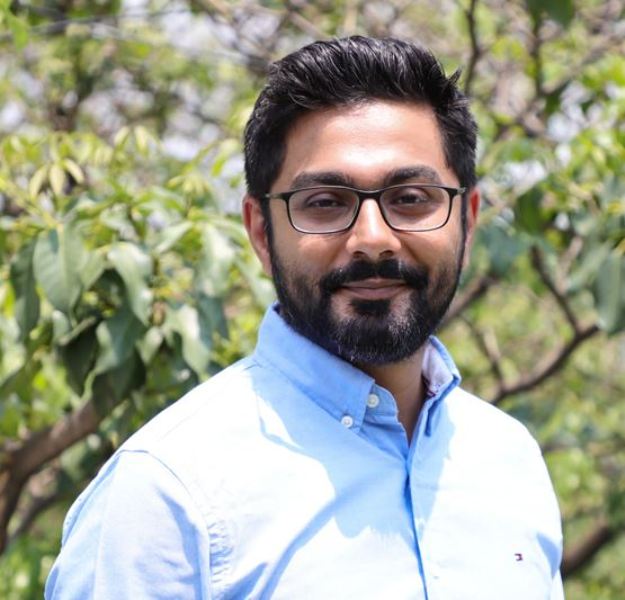| Career Journey | - He is the founder of Acko, an online insurance firm, and serves as its CEO.
- Previously, he co-created and led Coverfox, one of India’s leading digital insurance comparison platforms.
- In 2024, he appeared as a judge on the third season of Shark Tank India, a business reality TV show.
- After his graduation, Varun Dua began an internship at Mumbai’s Leo Burnett Advertising in 2002.
- He was employed there for less than a year.
- He was working on an insurance project at Leo Burnett when he contacted a Tata AIG employee for assistance.
- The Tata AIG employee offered him a job at Tata, which he readily accepted.
- Dua started working at Tata AIG Life Insurance as a Marketing Manager in 2003. From 2003 until 2007, he spent four years working there.
- He began working as a marketing manager at Franklin Templeton Investments in January 2007 and remained there for a year before leaving.
- After Franklin Templeton Investments, he decided to put his career on hold.
- He met Devendra Rane, an IT engineer from IIT Bombay, during that time, and the two of them came up with the idea of integrating IT and insurance.
- In 2010, Dua and Rane co-founded GlitterBug Technologies.
- Varun Dua decided to turn his business into an online insurance brokerage portal named Coverfox in 2014. He took on the role of Coverfox’s CEO.
- In 2016, Varun started working with younger insurance companies and decided to launch a new business called Acko.
- Even before Acko launched in May 2017, Varun was able to get a $30 million investment with the assistance of some investors from Coverfox.
- Dua obtained the Acko licenses in October 2017 and launched its first product in February 2018.
- Acko started first by selling car insurance but later expanded into mobile insurance and, in collaboration with OLA, started offering health insurance to passengers on OLA.
- Acko raised 255 million dollars in a Series D round of funding in October 2021, making it the 34th Indian start-up to reach unicorn status and increasing its total valuation to 1.1 billion dollars.
|
|---|
